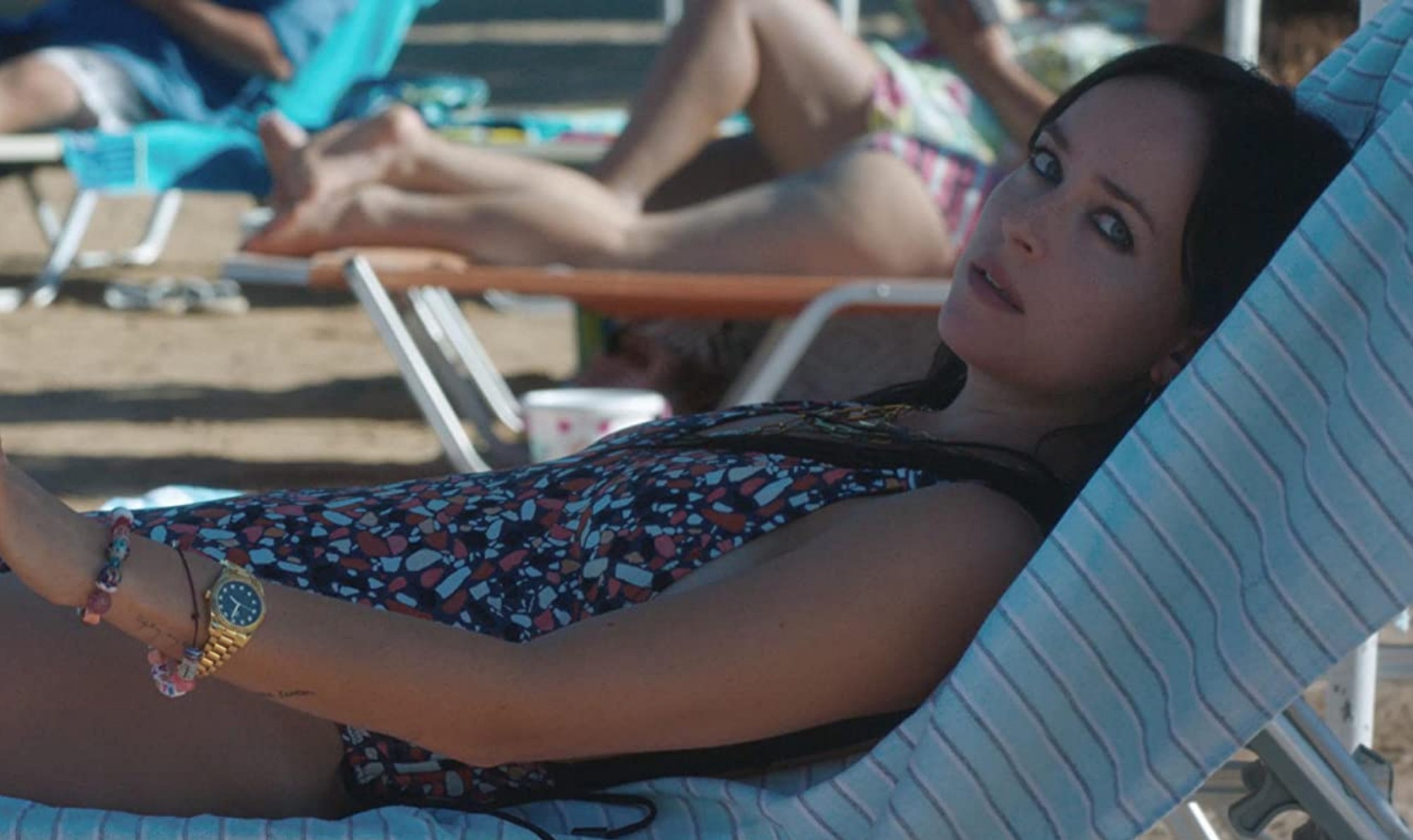
- Festivals
Venice Reports: “The Lost Daughter”
When Elena Ferrante gave Maggie Gyllenhaal the rights to adapt her 2006 novel The Lost Daughter, she had one stipulation in the contract. If the Golden Globe-winning actress didn’t direct, then the agreement would be null and void.
“I found that really scary,” Gyllenhaal recollected to the press during the film’s world premiere at the Venice Film Festival. “I thought in some ways I would write the adaptation and see how that feels. But I took it as a cosmic vote of confidence from across the universe.”
The Lost Daughter tells the story of a college professor named Leda (Olivia Colman) who sets out for a summer getaway in Greece. During what she believes to be a tranquil retreat, she is forced to confront her unsettling past after meeting Nina (Dakota Johnson) and her young daughter and the rest of their volatile family. Leda’s obsession with the woman and her daughter triggers traumatic memories of her early motherhood, which unspools in flashback as we see the younger Leda (Jesse Buckley) struggling with her role of the mother against that of her ambition for an academic career.
After Gyllenhaal first read Ferrante’s books, she immediately connected with the main character but couldn’t shake the impression that this woman was ‘so fucked up.’ Acknowledging that it only took a millisecond to change her thought, she explains. “Oh no, I really relate to her, does that make me fucked up? Then I realized that many people have this experience and nobody talks about it. These are secret truths about a feminine experience.”
She notes that as actresses, women have traditionally been presented with fantasy versions of themselves; doing things that can make them proud of or good while in reality there is a huge spectrum of variances inside them.
“I would be really shocked to hear that there wasn’t one mother who hadn’t thought at some point to just walk out the door,” Gyllenhaal continues. “I hope that the movie asks you to look at ways in which you are like Leda and which you have empathy and compassion for her.”
The film also asked the first-time director to stage a love scene between Buckley and Gyllenhall’s real-life husband, Peter Sarsgaard, who plays Professor Hardy. Initially, she balked at the casting. “Maybe it’s not a good idea to have Peter play the object of desire with an exquisite, intelligent gorgeous young actress,” she laughs. But noting how they have been together since she was 23 years old, there was no doubt of his love. “I thought there isn’t anyone that couldn’t play that part like him.”
For Sarsgaard, he had to hold back tears when describing his pride for his wife. “We are both parents of two lovely children and I think it was such an enormous pleasure to see Maggie really fulfill her talent … for so long people have known what an excellent actress she is. But being around her is truly inspiring. These actors know she has an eye for an unconventional truth. There’s the easy truth we use every day. But then there’s what is actually going on. She is unbelievably inspiring. That’s about it.”
Admitting that she has always contemplated stepping behind the camera, it was her role in The Deuce that finally pushed her to accept the inevitable. “I’ve always been a director, but I didn’t feel entitled to admit it to myself. Weirdly, it was playing porn director Candy on The Deuce when I said ‘this is me actually, this is a better job.”
One of the big artistic challenges of the shooting could have been having two actresses create the same character but at different stages of their lives. But Gyllenhaal didn’t see that as a task and conveyed such to them.
Says Colman, “I was worried and asked Maggie how similar do we need to be, and Maggie went, whatever, it doesn’t matter. And so, we just sort of, we worked out roughly where we came from. And just as any woman any way, any man, any person changes from 20 to 30 to 40 to 50, everyone changes, so it didn’t matter too much I don’t think. And there’s a good dollop of artistic license in anything. So, both Leda’s are feeling similar things. And yet they have had different lives.”
Gyllenhaal adds, “That was a real risk and a real kind of experiment going in, here are two totally fully formed actresses who are different people …. so there was this poetic, interesting artistic offering that we are asking (the audience) to believe that they are not.”